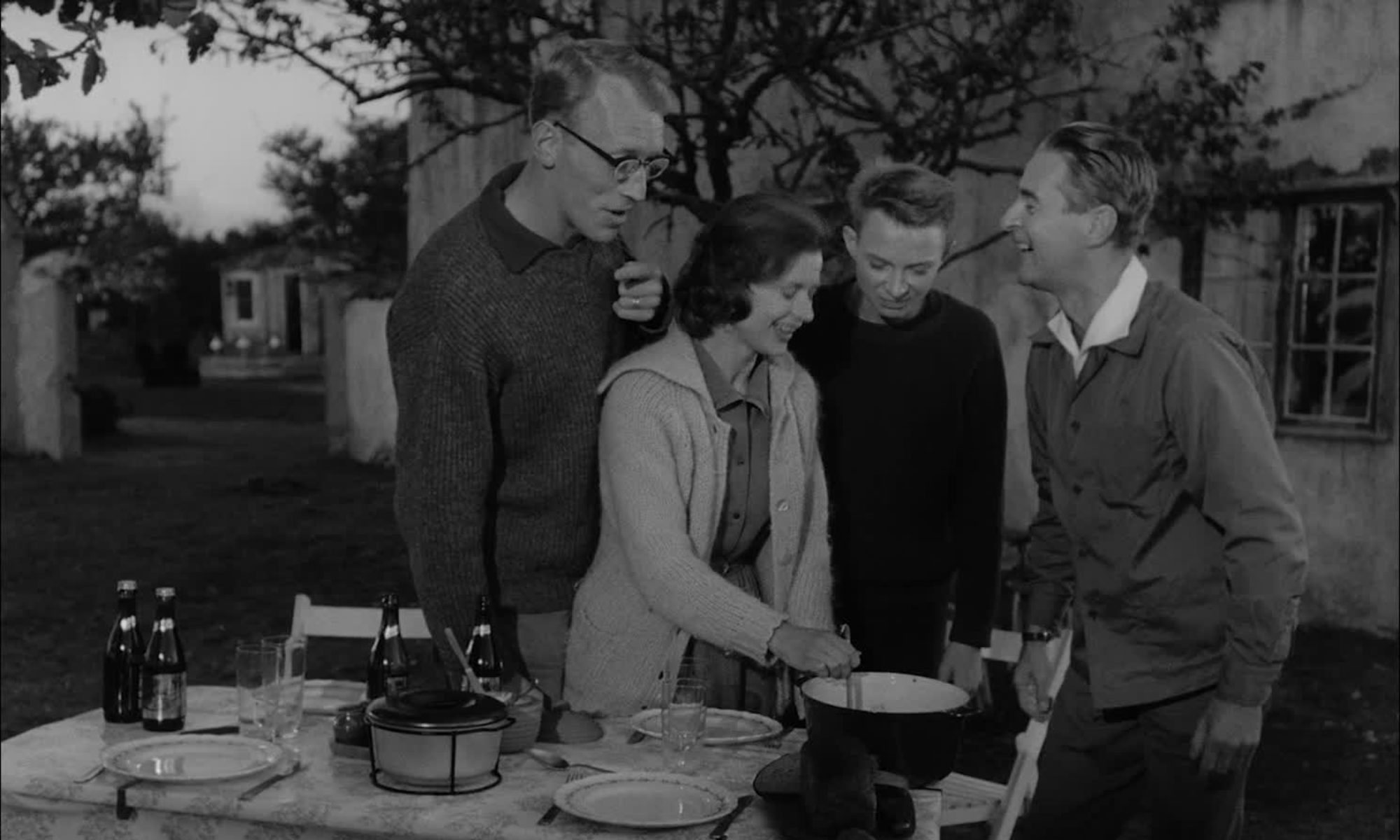Last week we talked about capitalism and its alternatives, based on the Earn a Living video series and the first part of a documentary on anarchism, both produced by ARTE, a French-German cultural/intellectual TV channel.
Topics
- We started by discussing Universal Basic Income: from the nationwide, randomised pilot in Finland, which just completed its first year, it doesn’t appear to stimulate employment, but it does seem to make people happier, which might not be a bad outcome. See an article about it here.
- We talked about alternative societies, including the Paris Commune and American religious utopias, and remarked that many communes, including the original kibbutzim, collapsed, and were susceptible to tyranny.
- On the other hand, the modern kibbutz depicted in the ARTE documentary seems very easy-going: its members don’t have to work, and everyone can spend money from the common pot. Some difficulties arise, however, when from disparities in spending. They also lacked sufficient volunteers among the young to work on the agricultural land that provides the majority of the kibbutz’s revenue.
- The general consensus was that while some of the ARTE videos were interesting, they did not represent real experiments in UBI, and therefore most did not find them compelling.
- We discussed the notable exception in the durability of religious monastic traditions.
- We had an animated discussion about the differences and disagreements between libertarians and anarchists. On the face of it, both movements seek freedom and as little central authority as possible. However, anarchists want no central authority at all, and prefer local, voluntary organisations, whereas modern libertarians want a minimal state that provides defence, and ensures contract law and property law. Libertarians tend to be wary of anarchists, considering them communists’ bedfellows. (Some anarchists are explicitly communist, whereas others are not.) Anarchists tend to think that libertarians are ruthless capitalists, whose commitment to economic freedom restricts the freedom of the poorest members of society.
- We wondered if capitalism was really as stable and lasting an economic system as people think: “It has become easier to imagine the end of the world than the end of capitalism,” as Fischer quotes in Capitalist Realism: Is There No Alternative?. On the other hand, modern capitalism has had relatively little history compared to feudalism, for example.
- Some of us argued that capitalism doesn’t have solutions for outcomes like climate change, excessive consumerism, and economic injustice. The constant desire to acquire new things is part of human nature, and for some of us advertising and marketing practices do little more than channel this demand, whereas for others, they create addiction, unhealthy behaviours, and unnecessary consumption. The pro-capitalists among us pointed out that addictions to alcohol or smoking existed outside of capitalism, for example in the Soviet Union. Others argued that trade is ingrained in even the most primitive societies and these self-interested tendencies result in a positive economic outcome for society overall.
- According to its advocates, capitalism gives people broad freedom to do what they want alongside (or after retirement from) a salaried job. This includes creative pursuits, supporting a family, and other activities that might have a higher impact on the world than one’s regular profession. Furthermore, people are free to choose any career they like according to their taste and abilities. Others argued that most current jobs are not socially useful, and being forced to work does not leave sufficient mental bandwidth for alternative pursuits. Also, under capitalism, incentives are often not aligned with the usefulness of the job (they’re even inversely correlated, according to Graeber’s Bullshit Jobs).
- We discussed dilettantes: for Schopenhauer, a dilettante (i.e., one who doesn’t need to work and has years of uninterrupted free time) thinks more clearly and produces better art because these are goals in themselves, rather than means to earn a living. Some argued that professional institutions concentrate knowledge and train people to a higher degree; others that more traditional forms apprenticeships led to a better redistribution of skill, in certain domains. Apprenticeship (in lieu of higher education) is not antithetical to capitalism, nor has it disappeared completely, but it seems to have a reputation problem at the moment.
- Part of the social inequality observed in capitalistic societies could be due to culture: one of us knew a colleague from a poor minority background, who had to hide the fact that he was studying from his friends and family.
- We discussed philosopher John Rawls, who proposes the minimax principle to determine the fairest society : the idea is to maximize the benefits of the least-advantaged members. One way to do it is to have people design society rules without knowing their position in it, in what Rawls calls the original position.
Recommendations
- Shane:
- a Long Now Society Podcast with David Grinspoon, an astrobiologist
- Walk Away, by Cory Doctorow, a dystopian novel set in a society dominated by a rich, small elite, that more and more people decide to walk away from
- Petard: A Tale of Just Deserts, a thought-provoking short story, also by Cory Doctorow
- Steven Pinker’s talk on the positive evolution of people’s values over time
- Steven Pinker’s seminar at the Long Now, based on his book Enlightenment Now
- Freakonomics podcast, looking at happiness levels in Denmark and trying to find out why they are so high
- Roman: On Liberty, by John Stuart Mill
- Bryan: The Digital Maginot Line, by Renee DiResta.

Regarding the upcoming discussion on free will, came across an interesting blog post:
https://www.rifters.com/crawl/?p=3415